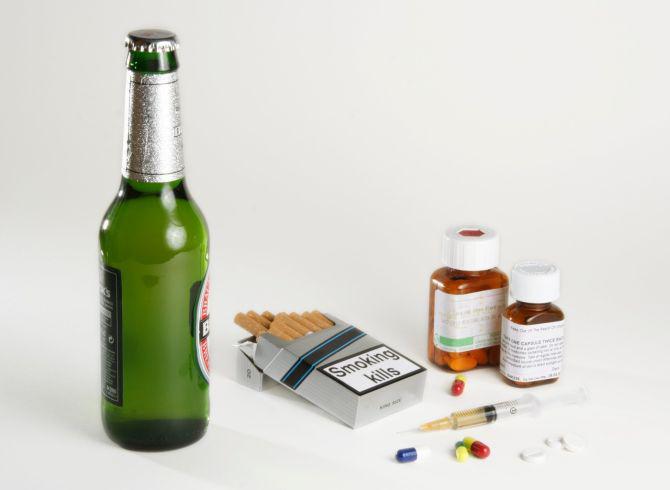
|
![]() DoctorHelps
|
Substance Abuse Counseling / Drug Counseling
DoctorHelps
|
Substance Abuse Counseling / Drug Counseling
Someday, you might find yourself in a rough patch involving substance use. If you run into substance-related trouble that affects your work, school, or personal life, drug and alcohol assessments can help provide insight into your situation, allowing you to move forward to greener pastures. Let's take a look at how these personal health evaluations work.
Why Get Assessed?
Typically, these examinations are requested by your physician, lawyer, or loved one. If you've violated an institutional substance policy or broken a substance law, an assessment may be required by your employer, school, or court order. These requests usually follow an incident, accident, legal charge, or change in behavior that has prompted someone to express concerns about your drug or alcohol use.
Where Do I Get Assessed?
Many clinics, counseling centers, and legal offices offer drug and alcohol assessments. If you are in legal trouble, your attorney may be a licensed assessor and may recommend an evaluation to aid the defense process. Usually, you can sign up for an evaluation confidentially online, where you can begin to fill out preliminary questionnaires. These examinations usually cost about $150.
How Do Assessments Work?
Once you've set up an appointment, you'll be asked to fill out preliminary questionnaires about past substance use, and you'll undergo a screening for symptoms of anxiety and depression. These will be reviewed before a face-to-face interview with a professional evaluator.
Your interview will last from 1 1/2 to 2 hours. These interviews are designed to create a detailed picture of your substance use and its effects. You'll be asked about the kinds of substances you currently use, the amount and frequency with which you use them, the reasons you use them, and the impact they have had on your life. Your evaluator will also ask about your life situation and environment, your history of substance use, any drug or alcohol treatments you've received, and your medical history and mental health.
What Are The Results, and What Do They Mean?
Based on your interview, your evaluator will recommend treatments or lifestyle changes for you going forward. Depending on your observed condition, he or she may suggest alcohol or drug education classes, outpatient or residential chemical dependency treatment, medical management, and/or counseling. The goal is to steer you toward the best, most efficient means of healing yourself.
Are you required to follow the suggestions you're given? No. They're only suggestions. Though a court of law, school, or employer may eventually take a harder line and require you to pursue these recommendations, the assessor puts the ball in your court: the decision to seek help ultimately depends on you, your finances, and your circumstances. Drug and alcohol assessments are simply there to give you a more accurate road map toward healing.
Leave a Comment